Treatments

About 20-30% of females may not be able to get pregnant because of failure to ovulate. Patients usually present with a history of irregular menses and some may have other features such as more hair in male distribution area, obesity or even milk coming from their breast. After a thorough history, physical examination and if needed some blood investigation, ovulation induction may be recommended with the use of medication to allow an egg to mature and ovulate, giving a couple better odds in conceiving through timed intercourse or with the help of artificial insemination.
The most commonly used ovulation induction medication at VFC is clomiphene citrate or letrozole.
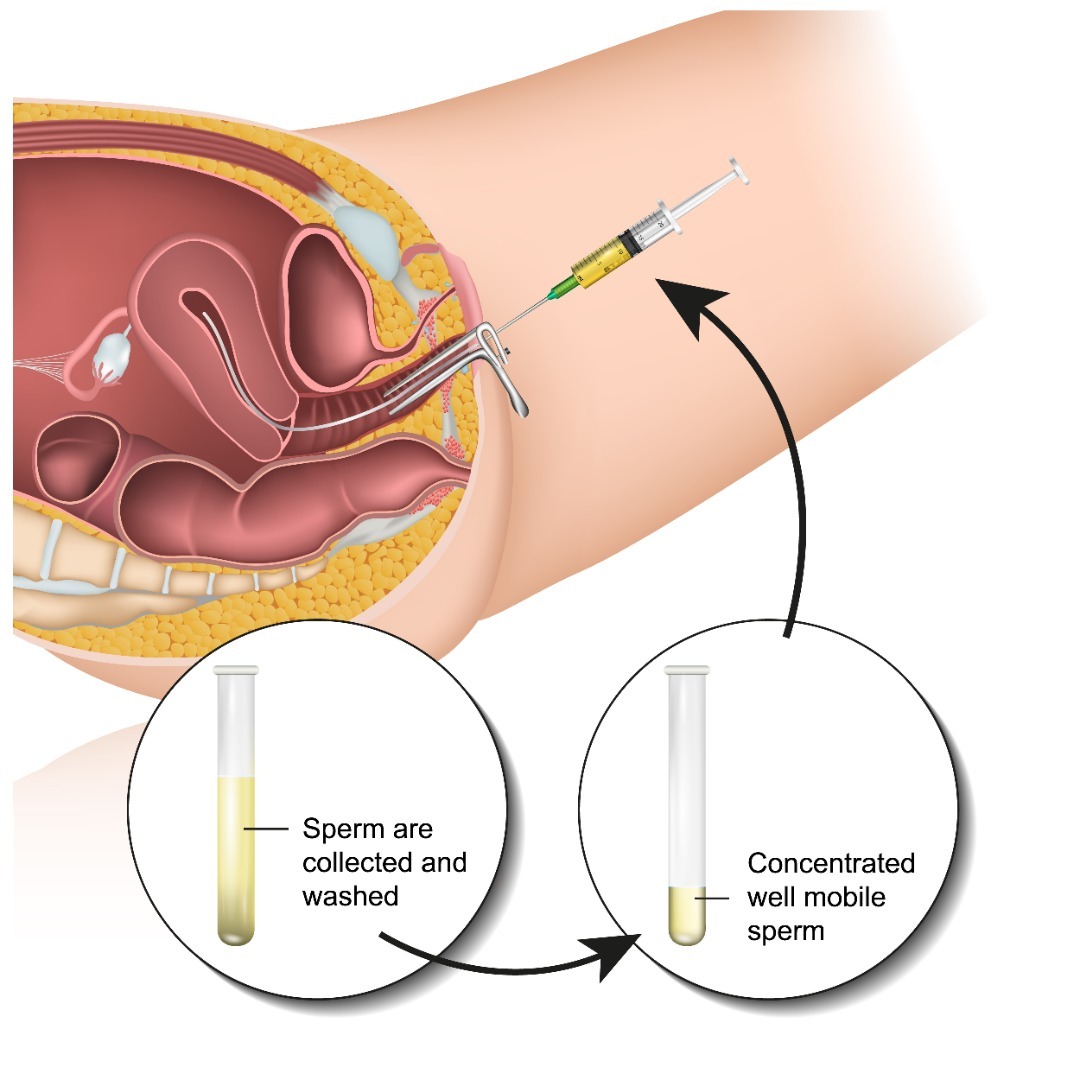
Intrauterine insemination (IUI) is a process of inserting the male partner’s prepared semen through the cervix and into the uterus, close to the time of ovulation. It is a simpler, less invasive form of fertility treatment. It is suitable for patient with unexplained infertility, mild sperm abnormality, mild endometriosis, PCOS with ovulation induction failure and hostile cervical mucus.
IUI Process
- IUI is usually done with mildly stimulated cycles aiming for 2-3 follicles being produced. Ovulation induction involves the use of medication to stimulate the ovaries and cause ovulation with either Letrozole or FSH injections.
- The semen sample is analysed and washed to concentrate the motile sperm. The final prepared sample is used for insemination where it is gently inserted into the uterine cavity using a speculum and a small catheter.
- An IUI procedure is usually not painful, although sometimes you might feel mild cramping and/or discomfort.

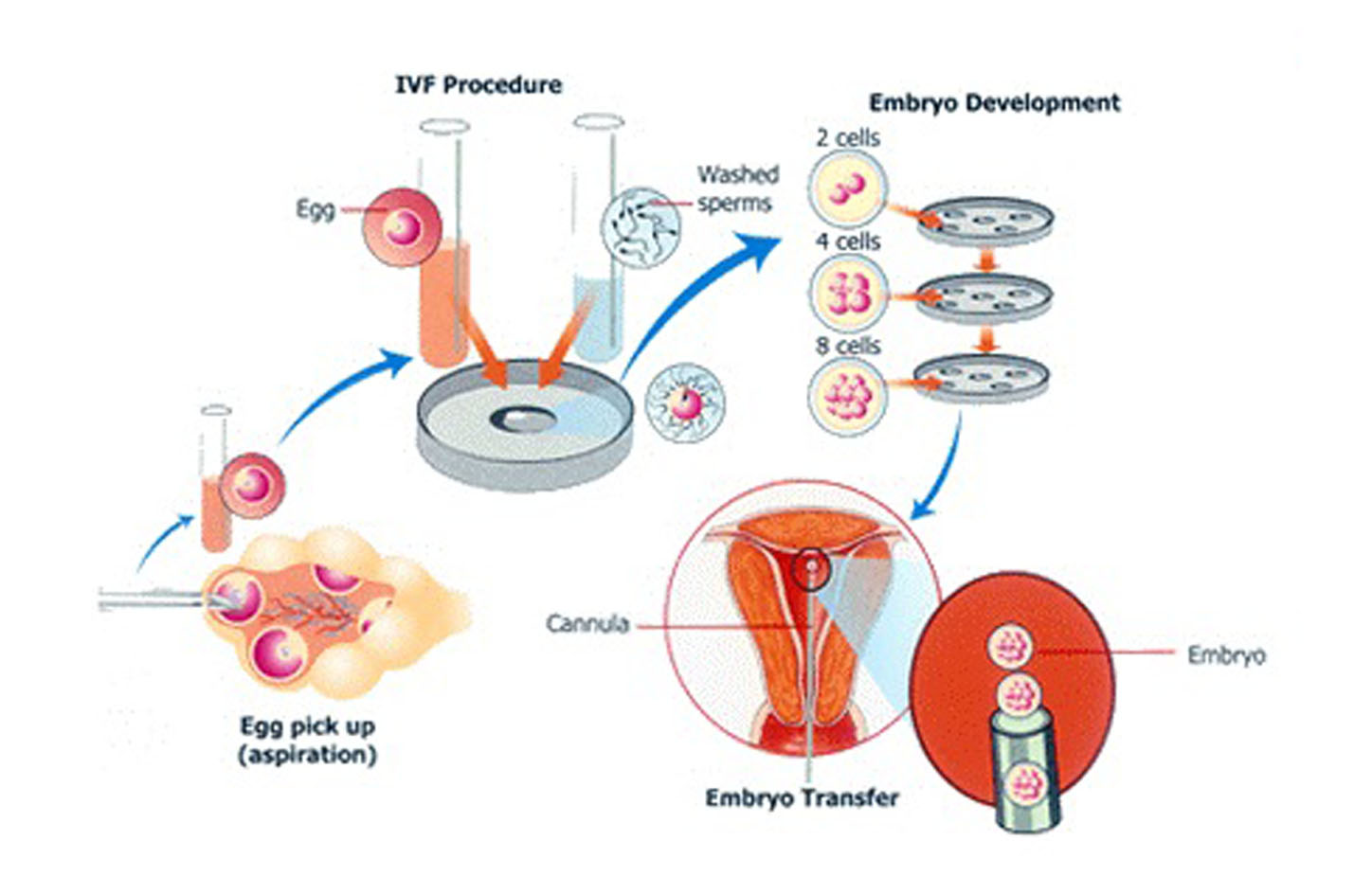
IVF (In Vitro Fertilization) is a procedure by which an egg and sperm are joined together outside the body, in a specialized laboratory. The fertilized egg (embryo) is allowed to grow in a protected environment for some days before being transferred into the woman’s uterus, hence increasing the chance that a pregnancy will occur.
In Vitro Fertilisation (IVF) can be used to overcome a range of fertility issues such as low sperm count, endometriosis, unexplained infertility, failed IUI, PCOS and for many couples, gives them the best chance of having a baby.
IVF Process
Your treatment will be coordinated by your fertility specialist who is supported by an experienced team of nurses and embryologist. We usually grow embryos in the laboratory until Day 5, known as the Blastocyst stage, because there is strong evidence that these embryos are more likely to implant into the uterus.
Fertilized embryos are transferred to the woman’s uterus in a simple procedure known as embryo transfer (a very similar technique to a pap smear). Any surplus good quality embryo will be freeze for use in subsequent cycle.

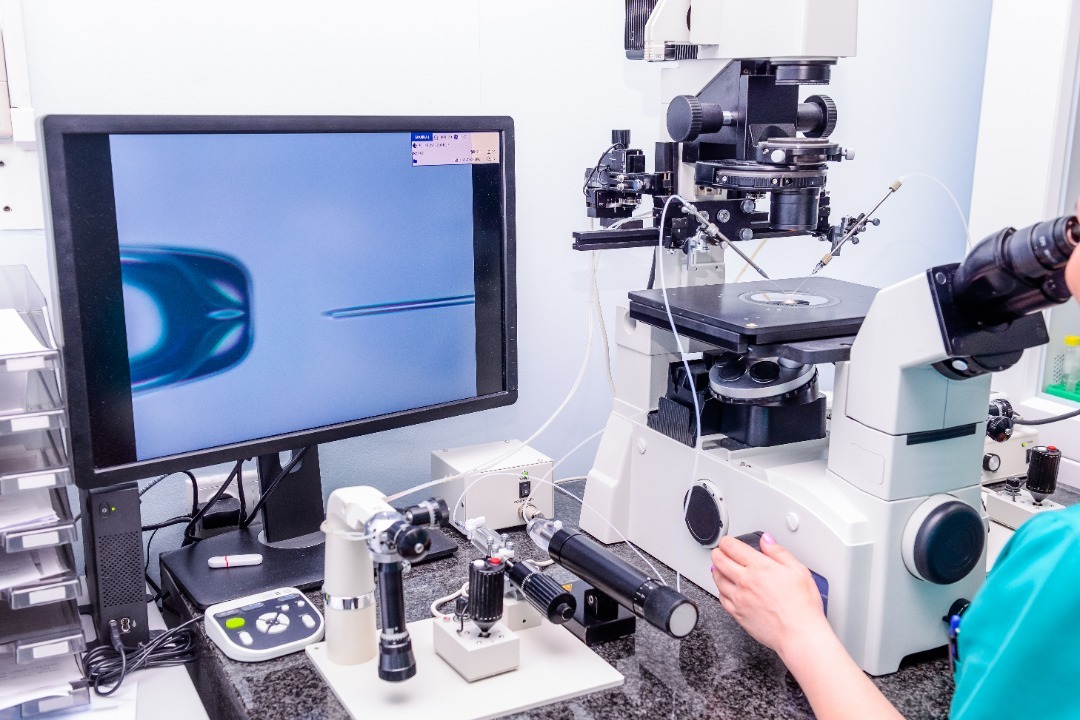
Intracytoplasmic Sperm Injection (ICSI) is similar to IVF but in this type of treatment the sperm is not left to penetrate the egg in the dish, instead our embryologist carefully inject a single sperm directly into the egg to assist fertilization using very fine micro-manipulation equipment. In most cases, ICSI can be used to overcome severe male infertility.
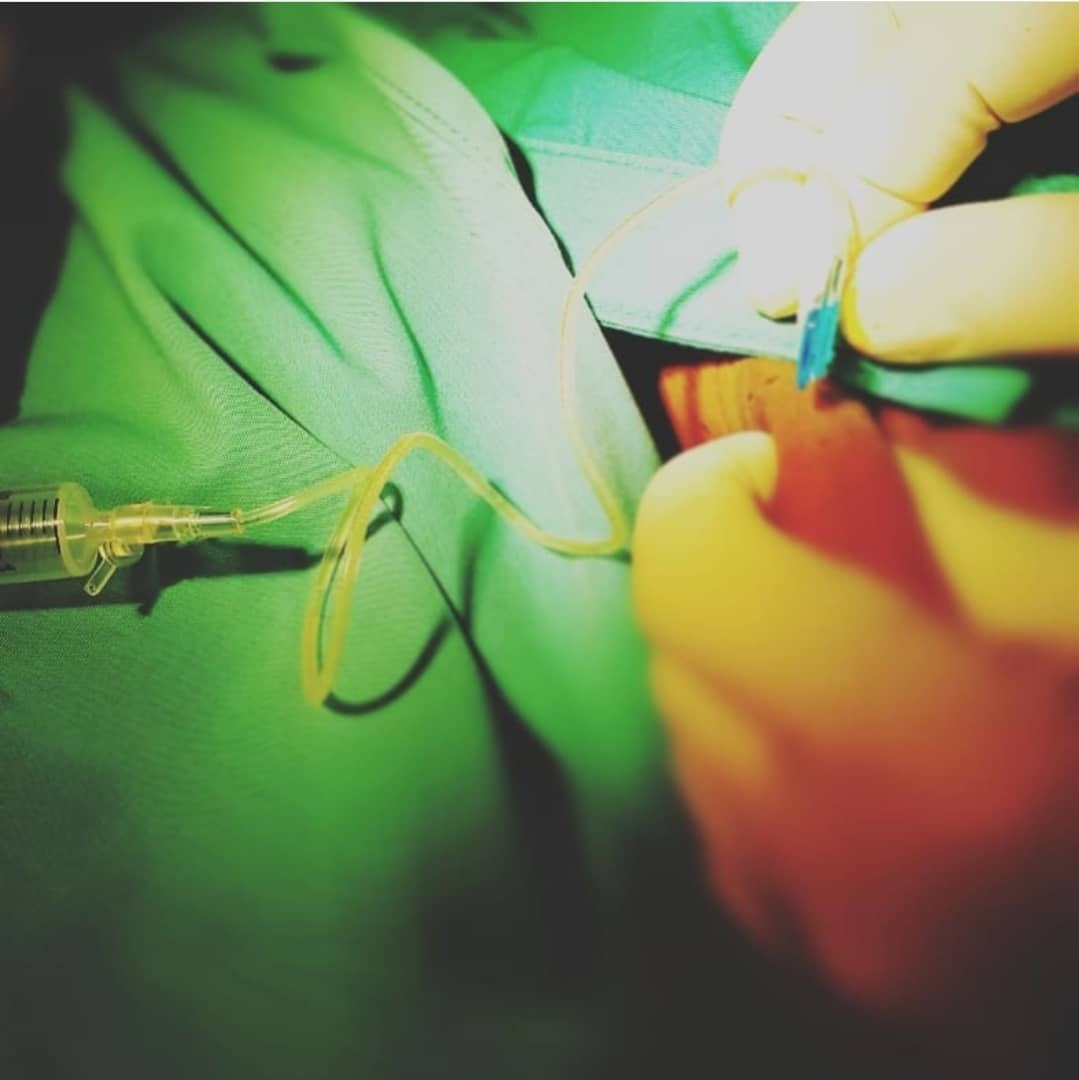
PESA (Percutaneneous epididymal sperm aspiration)
PESA is a technique used to get sperm in the patient with blockage vas deferens. A small needle is inserted through the skin of the scrotum to collect sperms from epididymis, where sperms are stored after production in the testes.
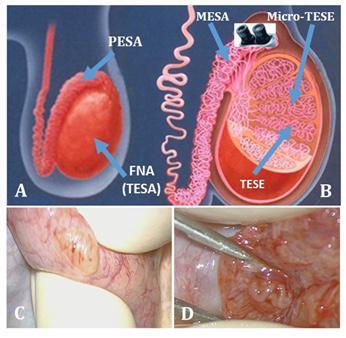
TESE (Testicular sperm Extraction)
TESE is a surgical procedure of removing a small portion of tissue from the testis and extracting any viable sperm cell for ICSI in a patient who cannot produce sperm by ejaculation or due to azoospermia (no sperm in ejaculate). This procedure will be done under light general anaesthesia.